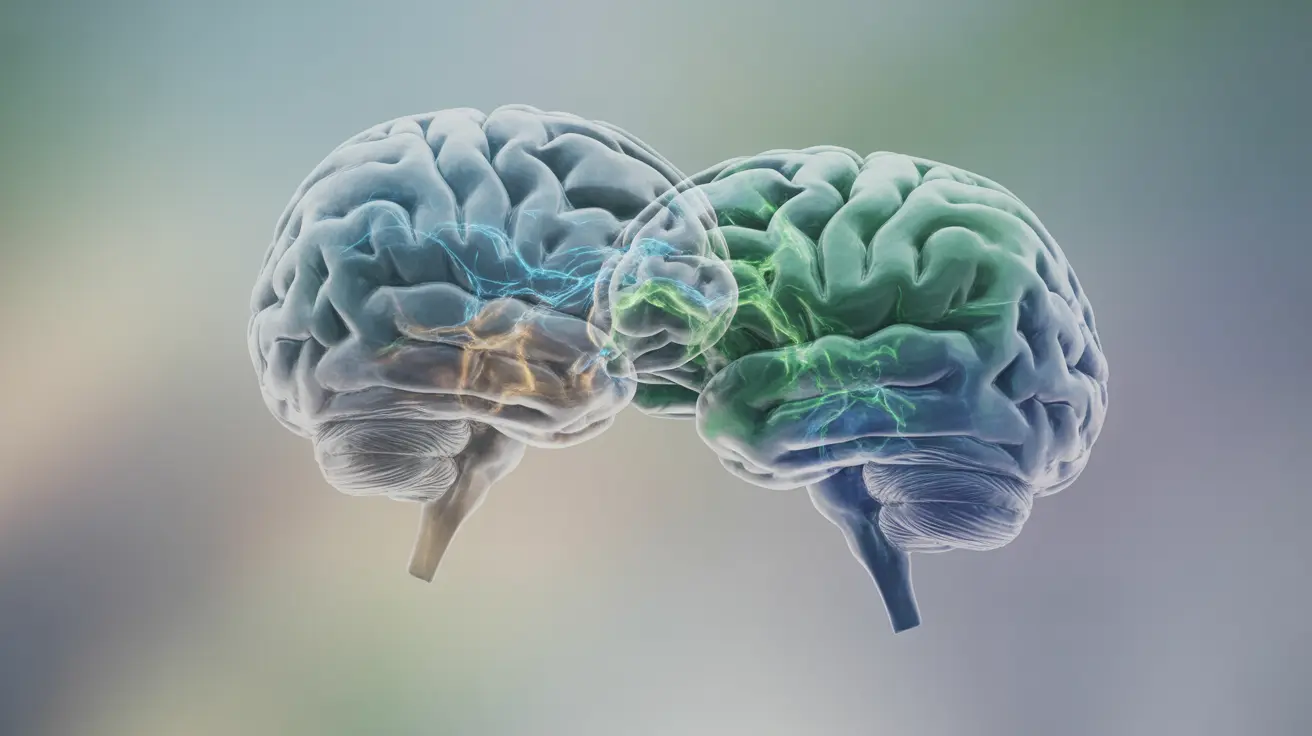The relationship between schizophrenia and dementia represents a complex intersection in mental health that often challenges both healthcare providers and families. While these conditions share some similar symptoms, they are distinct disorders with unique characteristics, progression patterns, and treatment approaches.
Understanding the differences and potential connections between these conditions is crucial for proper diagnosis, treatment, and long-term care planning. This comprehensive guide explores how these conditions interact, their shared symptoms, and important distinctions that help healthcare providers make accurate diagnoses.
Shared Symptoms and Key Distinctions
While schizophrenia and dementia can present with overlapping symptoms, their underlying causes and manifestations differ significantly. Common shared symptoms include:
- Cognitive difficulties
- Memory problems
- Confusion and disorientation
- Social withdrawal
- Changes in behavior and personality
However, key distinctions help healthcare providers differentiate between these conditions. Schizophrenia typically features prominent positive symptoms such as hallucinations and delusions, while dementia primarily manifests through progressive cognitive decline and memory loss.
Age of Onset and Disease Progression
The timing and progression of symptoms serve as crucial differentiating factors between these conditions. Schizophrenia typically emerges in early adulthood, usually between the late teens and early thirties. In contrast, dementia most commonly develops later in life, with risk increasing significantly after age 65.
The progression patterns also differ notably:
- Schizophrenia: Often shows relatively stable symptoms with proper treatment
- Dementia: Demonstrates progressive decline in cognitive function over time
The Connection Between Schizophrenia and Dementia Risk
Research suggests that individuals with schizophrenia may face an increased risk of developing dementia later in life. This elevated risk appears to be influenced by several factors:
- Long-term effects of antipsychotic medications
- Chronic inflammation in the brain
- Lifestyle factors associated with schizophrenia
- Genetic predisposition
Diagnostic Challenges in Elderly Patients
Distinguishing between late-onset schizophrenia and dementia in elderly patients presents unique challenges for healthcare providers. Key diagnostic considerations include:
- Pattern of symptom development
- Presence of hallucinations and delusions
- Nature of cognitive decline
- Response to medications
- Family history and medical background
Treatment Approaches for Overlapping Conditions
Managing patients with both schizophrenia and dementia requires a carefully coordinated treatment approach. Current strategies often include:
- Specialized medication combinations
- Regular monitoring for side effects
- Cognitive behavioral therapy
- Support services for daily living
- Family education and support
Frequently Asked Questions
What are the common symptoms that schizophrenia and dementia share, and how can they be distinguished?
Common shared symptoms include cognitive difficulties, memory problems, and behavioral changes. However, schizophrenia typically features prominent hallucinations and delusions, while dementia shows progressive memory loss and cognitive decline as primary symptoms.
Does having schizophrenia increase the risk of developing dementia later in life?
Yes, research indicates that individuals with schizophrenia have a higher risk of developing dementia. This increased risk may be related to long-term medication effects, chronic inflammation, and lifestyle factors associated with schizophrenia.
How do the onset age and symptom progression differ between schizophrenia and dementia?
Schizophrenia typically develops in early adulthood (late teens to early thirties) with relatively stable symptoms when treated. Dementia usually occurs later in life (after 65) and shows progressive cognitive decline over time.
What specific symptoms help doctors differentiate between dementia and late-onset schizophrenia in elderly patients?
Doctors look at the pattern of symptom development, presence of hallucinations and delusions, nature of cognitive decline, response to medications, and medical history to differentiate between these conditions in elderly patients.
Are there treatments available that effectively manage overlapping symptoms in patients with both schizophrenia and dementia?
Yes, treatment options include carefully coordinated medication combinations, regular monitoring, cognitive behavioral therapy, and comprehensive support services. Management requires close medical supervision to balance the needs of both conditions.




